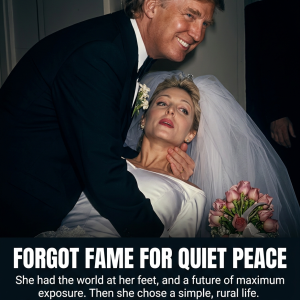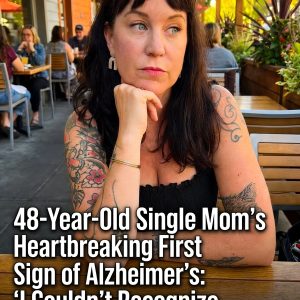Richard Levinson—once the life of Kyiv’s high-society soirées—now haunted the echoing halls of his palatial estate, their chandeliers throwing light on memories no fortune could soothe. Since losing his only son, Leo, five years ago, every room felt colder, every success hollow.
Each Sunday he made the same pilgrimage, white lilies cradled in his arms—Leo’s favorite bloom. But on one rain-slick afternoon, Richard spotted an unexpected silhouette crouched beside the headstone: a skinny boy in threadbare clothes, eyes fixed on the name carved in granite.
“Hey! Who are you?” Richard called. Startled, the child bolted into the maze of headstones and vanished among the cypress trees, leaving Richard alone with questions that refused to rest.
Sleep eluded him that night. The boy’s solemn gaze mirrored Leo’s so vividly that at 3 a.m. Richard rung his most trusted confidant, Daniel—a former security chief whose talent for discreet investigations was legendary.
Days blurred together; board meetings became white noise. Then Daniel reported back: the boy was called Noah. He and his mother, Clara, squatted in an abandoned warehouse on the city’s industrial fringe, surviving on odd scraps and quieter hopes.
That evening, Richard followed Daniel into the crumbling building. By candle glow he found Clara—gaunt yet fierce—and Noah, poised to run. “I only want to understand,” Richard whispered. “Why did your son sit at my boy’s grave?”
Noah’s voice was barely a murmur. “Are you the man who brings lilies?” When Richard nodded, Clara’s secret slipped out like a breath she’d held for years: Leo was Noah’s father. She had been pregnant when tragedy struck.
The revelation shattered and mended Richard in the same instant. Kneeling to meet his grandson’s eyes—Leo’s eyes—he said, “Let me help. No strings attached, only love owed.” Clara’s guard wavered. “Don’t abandon him,” she pleaded. “Never again,” Richard vowed.
He moved them into a modest, sun-washed flat he’d kept vacant. A stocked fridge, fresh linens, and the promise of nearby schooling stunned them into silence. Noah stroked the sofa’s arm as if testing a miracle.
Paperwork followed: birth records, school forms, health checks. Richard’s legal team made bureaucracy bend; a tutor bridged Noah’s learning gaps. Evenings ended with stories of Leo hiding socks to dodge laundry day—tales that made Clara laugh through tears.
Weeks later, Richard found himself fumbling pancake batter while Noah recounted first-day-at-school escapades. Success, he realized, was no longer a share-price graph but a sticky kitchen counter and a boy’s grin.
When Noah gently asked, “Grandpa, will you take me to see Dad?” the three returned to the cemetery together. Noah laid a crayon drawing beneath the lilies—a family reunited beneath a blooming tree—and whispered that he hoped his father was proud.
A quiet tide turned. Richard offered help but never pressure; Clara accepted security yet kept her dignity. Over tea, she confessed her fear of dependence; Richard countered with a promise of partnership, not rescue.
When bronchitis struck Noah, Richard whisked them to the hospital, then insisted they recover at his mansion. Vast halls once heavy with silence filled with the aroma of porridge and the echo of childish footsteps.
Snow melted into spring; Clara found part-time joy decorating pastries while Richard trimmed boardroom hours to attend school football matches. The estate bloomed again—windowsills crowned with fresh flowers, hallways lined with Noah’s doodles.
One evening, Clara whispered her decision to stay for good. Independence, she insisted, mattered as much as family. Richard agreed: her bakery dreams would rise on her terms, merely leavened by his silent backing.
Years drifted by like petals in the garden breeze. Clara’s bakery thrived, Noah excelled in school and sport, and Richard—once a titan of industry—retired into grandfatherhood: bedtime storyteller, sideline cheerleader, dog-walking companion.
Each anniversary they gathered at Leo’s grave, lilies in hand. One year Noah said, “Dad, I know you through the people you loved. That’s enough.” Richard’s eyes brimmed. The wound of loss, once raw, had healed into a living legacy—proof that love, when tended, can outgrow even the deepest grief.





